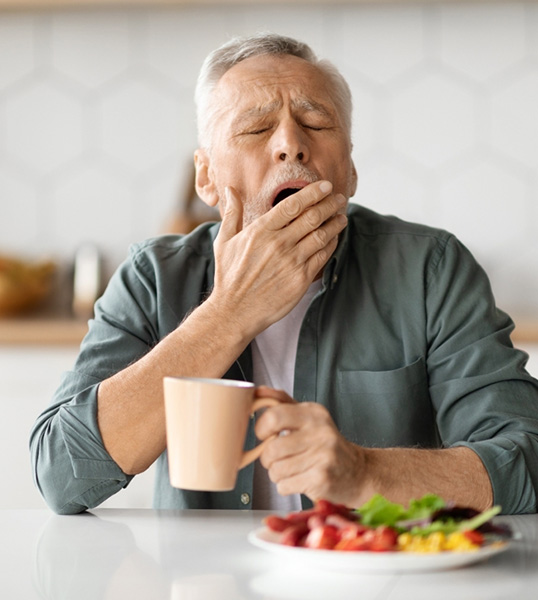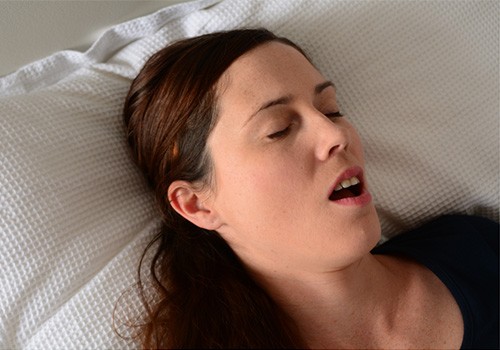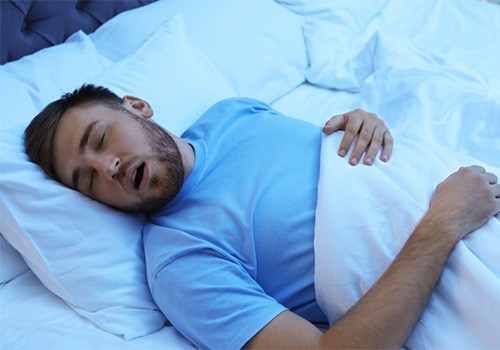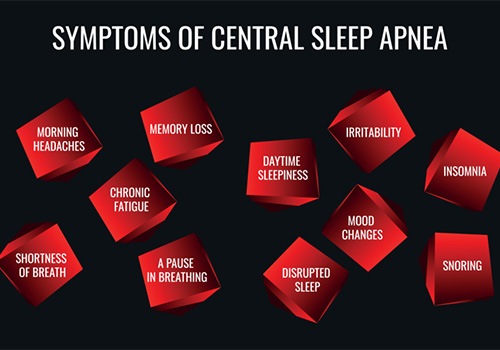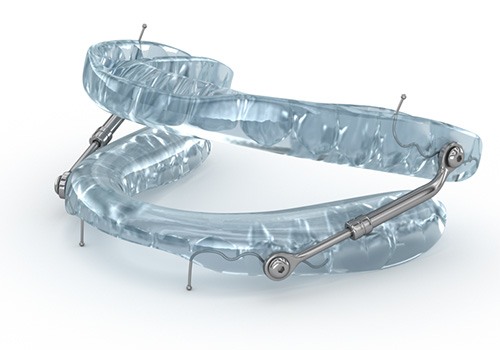Most of the time when you read about sleep apnea or hear someone talking about it, they are referring to a specific type, obstructive sleep apnea (OSA). However, there is a lesser-known but still just as troublesome version of this disorder called central sleep apnea, or CSA.
GoTo Sleep Center has helped many patients discover they have this problem as well as get it under control—could it be the reason why you feel so tired every day? Keep reading to learn more or click here to take a quick sleep assessment.
What is Central Sleep Apnea?
When a person has sleep apnea, they have frequent episodes throughout the night where they stop breathing for 10 seconds or less. These force the body to partially wake up and reset the sleep cycle, causing someone to miss out on the deeper, more restorative phases of sleep.
With OSA, there is a physical blockage of the airways that happens when the tongue falls into the back of the throat or the tissues collapse together. But with CSA, it stems from a neurological issue, in which the brain simply doesn’t send the correct (or strong enough) signals to the muscles that control breathing.
What Causes Central Sleep Apnea?
CSA has been shown to stem from:
-
Cheyne-Stokes Breathing: Present in roughly half of all CSA patients, this is a cycle where a person’s breathing (sometimes without explanation) speeds up, slows down, and stops before resuming a normal pattern.
-
Medications: A wide variety of medications, specifically ones that cause a sedative effect (like morphine or oxycodone) have been shown to depress breathing during sleep.
-
High Altitude: CSA is more common for people who sleep at 8,000+ feet above sea level. This is particularly true for people who aren’t adjusted to the altitude.
-
Medical Conditions: People with heart failure, kidney failure, Parkinson’s disease, and previous strokes have been shown to have a higher risk of experiencing CSA.
The Dangers of Central Sleep Apnea
Regardless of the type of sleep apnea, it carries the same potential for increasing the chances of developing serious (and often deadly) complications:
-
Heart attack
-
Heart failure
-
Irregular heartbeat
-
Diabetes
-
Stroke
-
Obesity
-
High blood pressure
When Should You See a Doctor for CSA?
Even though it is much less common than OSA, CSA typically has the same symptoms. Do you feel tired all the time despite sleeping seven to nine hours each night? Has your partner noticed you struggling to breathe or stopping altogether while you sleep? Is your blood pressure consistently high despite exercising and following a healthy diet? Are most of your days filled with brain fog or irritability?
If any of this sounds familiar, then it is definitely time for a sleep test. This can help determine with great accuracy whether you have sleep apnea as well as what kind it is. From there, treatment can be prescribed, whether it’s CPAP therapy or oral appliance therapy.
GoTo Sleep Center can get this test organized for you as well as offer treatment based on its findings, allowing you to get the answers and solution you need as efficiently as possible.
Click here to take our quick assessment to determine how likely you are to have sleep apnea. After you finish it, we’ll reach out to you to let you know what your next steps could be.

